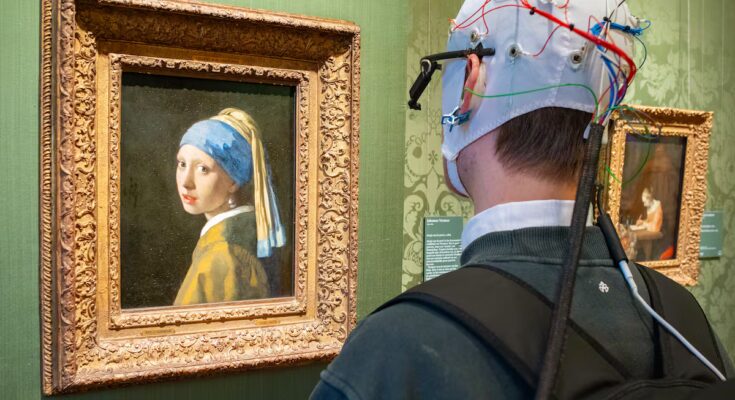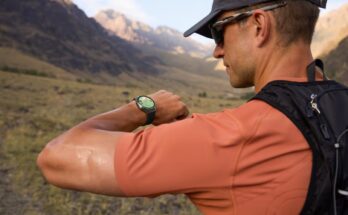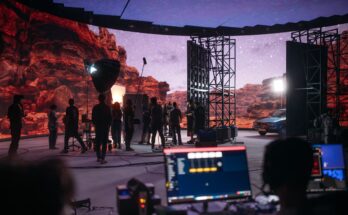The United Nations Educational, Scientific and Cultural Organization (UNESCO) unanimously approved today at the General Conference in Samarkand (Uzbekistan) a document calling for the ethical use of “technology dedicated to understanding the brain and interacting with it”, neurotechnology. UNESCO believes it is necessary to establish a framework for action before the use of these technologies becomes widespread, as their misuse poses “serious risks to mental privacy”, especially for children and young people, and can “exacerbate inequalities”.
While medical neurotechnology is strictly regulated, the same is not true of its commercial applications, which are not regulated at all. This technology is present in wearable (wearable devices) for consumption, in those applied to video games, work productivity, education and learning or marketing. The next step, which the industry is already working on, is neural interfaces, which connect the brain directly to the machine.
“Neural data, which captures individuals’ fundamental reactions and emotions, is in high demand in the market,” the paper highlights. “Unlike data collected by social networks, most neural data is generated unconsciously and, therefore, we cannot give our consent to its use.” Controlling this data would allow companies or governments to create detailed profiles of individuals that could be used to manipulate them.
The document pays particular attention to minors, since the human brain has only just developed and matured between the ages of 25 and 30. If neural interfaces are used during adolescence, UNESCO warns, “there is a risk that the young person’s future identity will be influenced with lasting or even permanent effects.” “This text embodies a profound belief: that technological progress is only valuable if it is guided by ethics, dignity and responsibility towards future generations,” said UNESCO Director-General Audrey Azoulay.
“The challenges are many. Whether there are implants or not, we need certainty of concept and a lot of testing. The companies are not here right now: they are busy developing the technology, without seeing what happens with it,” Dafna Feinholz, head of bioethics at UNESCO, said on Tuesday in a virtual meeting with international journalists in which EL PAÍS participated.
The expert emphasized that this technology can be very positive for humanity. “It offers unique opportunities to alleviate suffering. It can help identify where depression begins, it can help treat Parkinson’s disease or those suffering from epilepsy. It can be critical for people who have lost their sight to get it back, and the same goes for speech.”
However, it has a highly dangerous side. UNESCO’s document of recommendations, which will be signed on 12 November, aims to open the international debate on this issue. In addition to protecting children and adolescents, countries should guarantee the fundamental right to mental privacy by developing particularly strict rules on the processing of neural data.
“We need to protect people’s emotions, feelings and thoughts. We need to know who will use this information and for what. We are talking about the commercialization of the most important information about us,” warned Feinholz. “This neurological data must be protected, otherwise our mental state can be inferred,” he added.
An expanding technology
The agency believes the time has come to address this issue, for several reasons. A UNESCO report found a 700% increase in investment in neurotechnology between 2014 and 2021. Likewise, the pace of patent applications related to this technology and acquisitions of companies in the sector by large technology companies “suggest that the moment when neurotechnology becomes an object of mass consumption may be imminent,” the agency highlights in another document.
Mobile phones, as well as smart bracelets, watches, headphones or glasses incorporate applications aimed at measuring sports performance, directing concentration or calibrating users’ fatigue and stress. The emergence of generative artificial intelligence (AI), UNESCO argues, has accelerated the development of neurotechnology, which makes it easier for companies to reverse engineer neural data.
Another element highlighted by UNESCO’s recommendations is the danger that this technology increases inequalities, since 50% of the companies working on it are located in the United States and 35% in Europe, while 80% of the people who have access to these applications are located in the North of the world. “If access to advanced neurotechnologies were limited to the wealthy, this could increase social differences nationally and internationally,” the document highlights.



